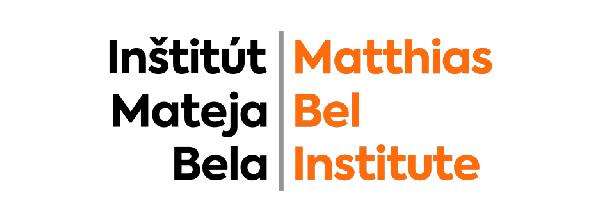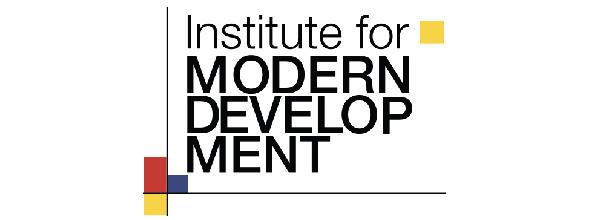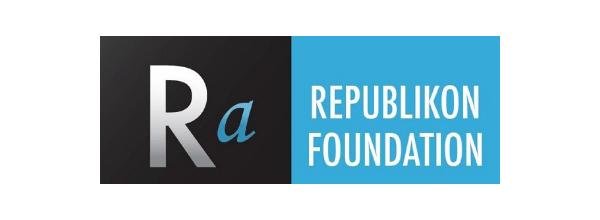Public Policy and Institutional Partnership, Connecting the expert communities to find joint solutions to common policy challenges
The project aims to bring together civil society organizations/think tanks that deal with the inclusion and participation of minority communities in decision-making processes. The overriding goal of the program is to contribute to and facilitate better public and institutional policies that empower representatives of minority communities in Kosovo, with a particular focus on Kosovo Serbs.
The proposed intervention will bring together partners from Visegrad countries to consider shared challenges when it comes to the inclusion of minorities in decision-making processes, and to link them with similar organisations and relevant stakeholders in Kosovo (WB6). In this sense, and in a structured setting, it will facilitate new and sustainable links between target groups, and allow for the development of new and policy-based solutions to problems that the project will attempt to address. It is envisaged that a platform that unites civil society and think take representatives from V4 partners countries and Kosovo will be created to foster ongoing and sustainable dialogue and cooperation on problems that effects minority communities in the target countries.

The Matthias Bel Institute was founded in 2014 as a think-tank focusing on supporting the idea of a civic Slovakia, where everyone can equally feel at home regardless of their ethnicity, religion, gender, region of residence and any other demographic characteristic. The Institute has sought to do this through academic work, educational activities, public discussion and an intensive field work component. Its primary demographic groups are minority communities in Slovakia, with a special focus on national minorities, which make up some 20 % of the total population of Slovakia. The Institute has a strong commitment to interethnic communication between the Slovak majority and minorities, as well as between minorities.

The experts of IFMD have an extensive experience in field of Western Balkans, including Kosovo and socio-economic development of the CEE region and internal political situation of V4 countries, including position of minorities in their political system. Together with partners from Western Balkans IMFD and individual experts realized several project which were aimed at exchanging the experience between V4 and Western Balkans i.e. Avenues of Cooperation project implemented by The Institute of Social Sciences and Humanities Skopje with support of the IVF devoted to the conflict between the Macedonian and the Bulgarian.

Republikon has a wide background in policy analysis and in the formulation of policy recommendations that are geared at governing institutions, in the goal of improving institutional and democratic practices. It is an active part of civil society, and works to promote and foster participation in democratic and decision-making processes . Its policy work is focused on human rights , tolerance and education.